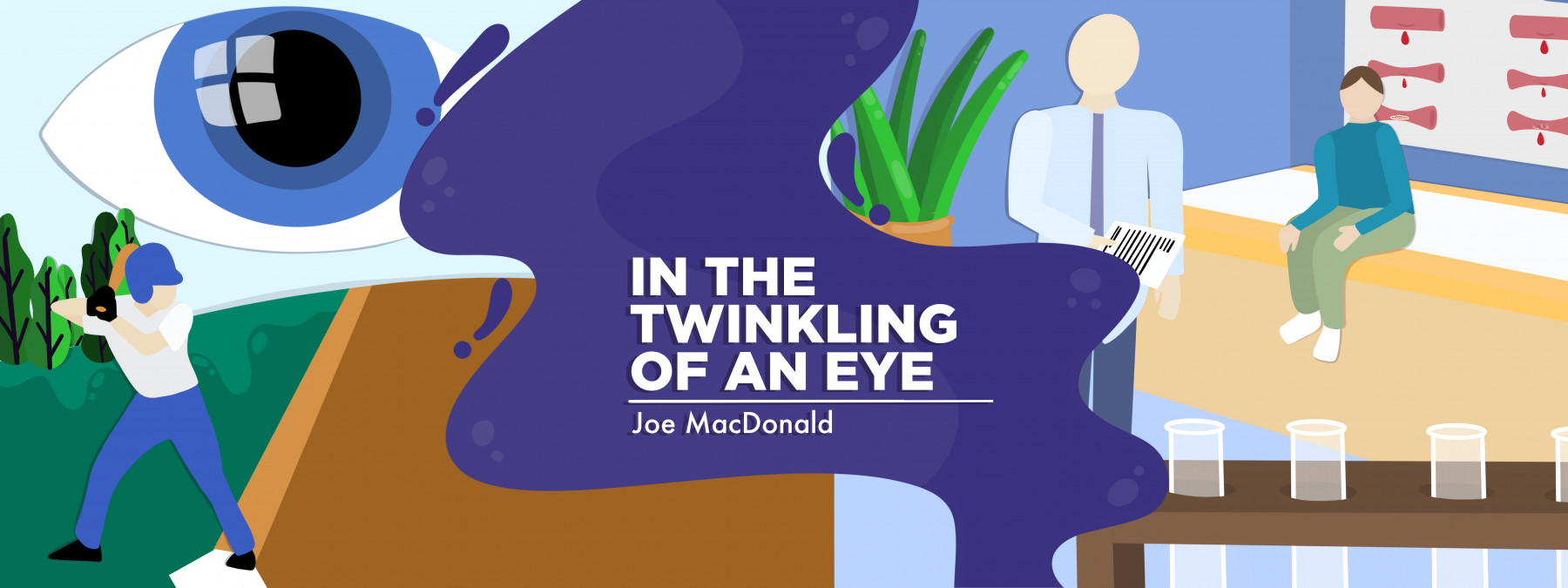Holding on to rituals helps my family through difficult times
Let us keep to our traditions, discover gratitude in the most unusual places
Written by |

The holiday season is upon us. Often, we have our meal around a table with people we love, and we give thanks for one another’s company. The holidays are all about rituals — preparing feasts, gathering to exchange gifts, and focusing on the things that unite us.
Year after year, many of us return to the same space, gathering around a feast with those we hold dear. The acts of preparation, presentation, and execution come together in a moment where we gather to thank those around us and give thanks for the many blessings that come our way.
Then there was a holiday about 11 years ago. It was just the four of us: me, my wife, Cazandra, and our sons, Julian and Caeleb, who were then 16 and 6. We had a wonderful meal together of turkey and everything else, and enjoyed one another’s company, but we weren’t in our usual setting.
Keeping our ritual in someplace new
Instead, we sat around a hospital table on the sixth floor of the University of New Mexico Children’s Hospital, in the special pediatrics unit. Both of my sons have hemophilia, and Caeleb had been hospitalized since before Halloween due to complications related to a nasty internal bleeding episode in his right ankle. His pain was off the charts as the bleeding continued for days at a time. Morphine and other medications helped ease it, but many failed attempts at forming a clot proved painful.
Julian and I had gone to the Village Inn Restaurant to pick up our meals, and we made a point of thanking the waiter and wishing him a beautiful holiday.
At the hospital, Cazandra draped a seasonal tablecloth over the tiny space. I offered a prayer and we ate and laughed as if we were celebrating at home around our large dining table. I looked at my sons as they enjoyed their meal of turkey, stuffing, and potatoes, and thought: “This moment is a lesson I want my sons to remember. We do not have to observe rituals in the same space. The most important thing is that they continue to remain a part of our family legacy, no matter where we celebrate.”
Our family’s rituals remind us to hope
We do continue to celebrate, even through tough times. Our rituals are a testament to the reality that life changes, things happen, and bleeding events occur. But one thing remains: Our love for one another continues through the darkness and into the light. Hope continues to reign supreme in the MacDonald home.
One ritual we have is to go around the table and name one thing we’re thankful for. I love looking into my wife’s and sons’ eyes as I hear what makes them happy and what moves them to express their joy. I consider this the most sacred of any tradition we follow. We remember the dark times and give thanks for the moments that brought us hope.
This season, my family feasted in our home without the threat of a breakthrough bleeding episode. Our rituals continued to carry us, and we all recalled that most unusual hospital celebration. Observing our rituals, no matter where we are, feeds our souls, and we look back on our seasons of life with gratitude.
For everyone celebrating a special meal this holiday season, I hope we all keep our traditions close and find gratitude in the most unusual places. May the delicacies at our tables feed our bellies and the good company of loved ones feed our souls. Blessings to everyone through this season of hope!
Note: Hemophilia News Today is strictly a news and information website about the disease. It does not provide medical advice, diagnosis, or treatment. This content is not intended to be a substitute for professional medical advice, diagnosis, or treatment. Always seek the advice of your physician or another qualified health provider with any questions you may have regarding a medical condition. Never disregard professional medical advice or delay in seeking it because of something you have read on this website. The opinions expressed in this column are not those of Hemophilia News Today or its parent company, Bionews, and are intended to spark discussion about issues pertaining to hemophilia.



Leave a comment
Fill in the required fields to post. Your email address will not be published.